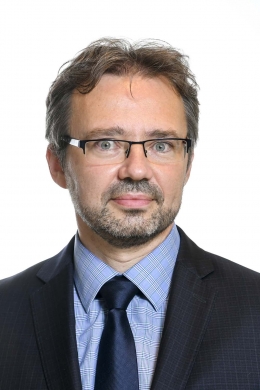Czech Business Today
EESC CORNER: RRF – an extraordinary opportunity but huge challenge
The Recovery and Resilience Fund is the centrepiece of NGEU, with EUR 672.5 billion in loans and grants to support reforms and investments undertaken by EU Member States. The elaboration of National Recovery and Resilience Plans was a fast and dynamic process.
At the beginning of September 2021, the current situation is as follows: 25 plans were submitted, all requesting the maximum amount of grant. 18 plans were approved by the COM, 10 countries have already received pre-financing and the implementation has started in many member states. A positive assessment of the Czech NRRP was adopted by the Commission on 19 July 2021.
The Commission recommends the Council to endorse the disbursement of €7 billion in grants under the RRF over the period 2021-2026. The investments and reforms introduced in the Czech plan will support both the green and the digital transitions, effectively addressing the challenges identified in the European Semester and will strengthen the growth potential, the job creation and the economic and social resilience in Czechia.
Obviously, there are certain risks in this new adventure, particularly for the Czech public administration, considering the immense workload in the 2022 – 2026 period when all the traditional and new funds have to be properly invested, controlled and certified by the COM. In the light of the fact, that 40% of 2014-2020 MFF structural funds in Czechia had not been spent by the end of July 2021 and should be spent in the next years, the whole implementation process of NRRP must be smooth and fast.
Nevertheless, rapid spending is not to be the main goal. Efficient and effective investments and support for reasonable reforms stand for the key objectives. The EU support through MMF and NGEU is an extraordinary opportunity but a huge challenge at the same time.
David Sventek, EESC Member, Group I – Employers






